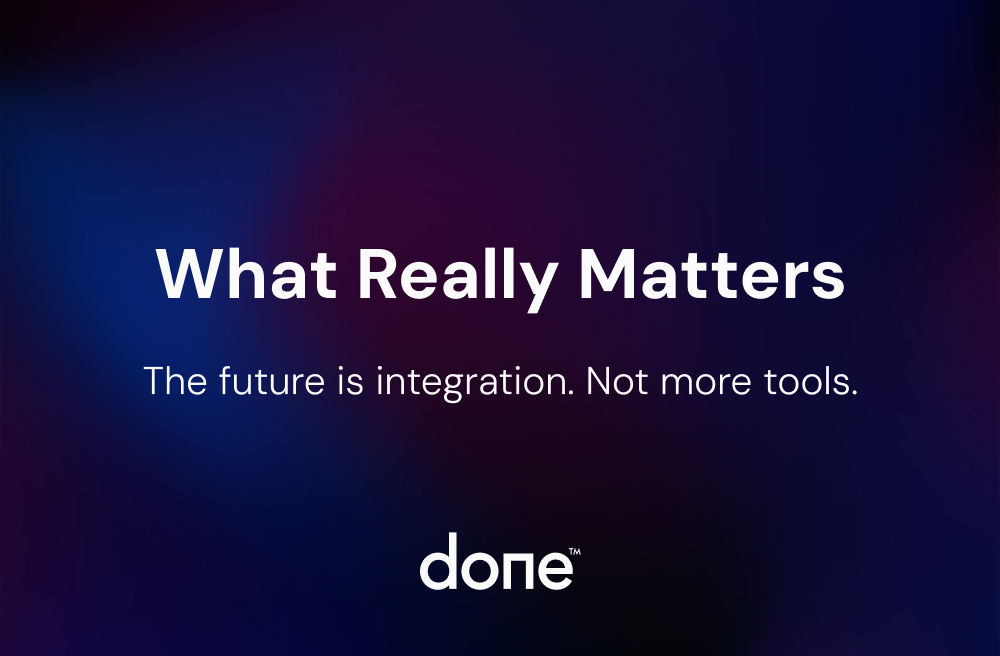Business software has never been more powerful or more fragmented. Companies use separate tools for CRM, accounting, payroll, marketing, and reporting. Each promises value. Together, they create noise.

The problem is not a lack of features. It is that these tools rarely work together. Data stays in silos. Teams spend hours moving information between systems. Decisions slow down. Complexity becomes the default.
We’re in the middle of one of those shifts right now.
AI and automation are changing the way companies operate. Not just through headline-grabbing breakthroughs, but through quiet, systematic improvements in how work happens.
Adding features is not the same as solving problems. A new dashboard or workflow might look good on a roadmap, but it often adds to the clutter.
Finance teams wait for reports to close the books. Marketing runs campaigns without knowing what is in stock. Operations manage orders in one place and inventory in another. The work is still manual, just spread across more screens.
The future of software is not about adding more. It’s about making less feel like more.
— Kim Kaasene, CCO at Done.ai
The companies that move fastest are not the ones with the most tools. They are the ones with systems that talk to each other.
When CRM data updates invoicing automatically, when inventory changes trigger purchase orders, and when insights appear before anyone asks, business runs with less friction and more clarity.
This is not about doing more. It is about removing what no longer needs to be done.
The next wave of business software will not win on feature lists. It will win on what is invisible: the work that happens without configuration, without manual exports, and without extra steps.
Platforms will feel less like apps and more like infrastructure that is connected, modular, and intelligent by default.
At Done.ai, we believe the best tools are the ones you notice the least. That is why we are building an AI-native platform where finance, operations, and growth work together seamlessly.
Not to add more tools. To remove the need for them.